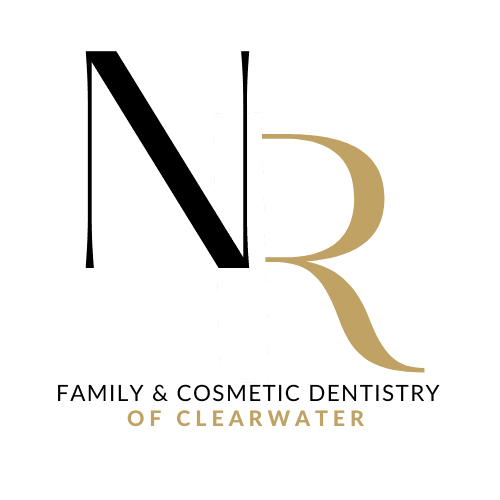Our teeth are important. They’re crucial for eating which nourishes our bodies and helps us grow strong and stay healthy.They also comprise our smile which makes a first impression when we meet new people. We humans have two sets of the teeth in our lifetime: our baby teeth and our adult teeth. Once you have your adult teeth, usually by the age of twelve to thirteen, it’s very important to take care of them as they need to last you the rest of your life. The most common threat to the longevity of your teeth are cavities.
Cavities, spots of tooth decay where tooth enamel has weakened and broken open, are very sensitive due to the exposure of soft tissues and nerves within. Once exposed this way, teeth can be sensitive to temperature or touch. Even chewing properly can be difficult, which limits your diet to soft food. After the common cold, cavities are the most frequently diagnosed ailment from which humans suffer.
What can be done to prevent cavities? What brings them on the first place?
Our mouths are alive with bacteria. These bacteria tend to concentrate and form plaque in difficult-to-clean places such as in between teeth and below the gum line. When we eat carbohydrate-rich foods, such as sugars and starches, the bacteria in our mouths break these foods down, creating acids that bind to the plaque and begin eating away at the enamel of our teeth.
Cavities are usually be treated by your dentist with fillings. Your dentist uses various substances to fill (hence the name) or reinforce holes or weakened areas in your tooth’s enamel. These fillings stop any further bacteria and acids from further affecting the weakened part of the tooth, halting the process of decay. Fillings can constructed of composite resin, amalgamated metals, gold, silver or glass ionomer. Dr. Rados will consult with you to decide which route will work best for your teeth.
As with most conditions, prevention is easier than cure. Dentists recommend brushing after meals or at least twice daily with a fluoride toothpaste. Cutting down on carbohydrates and keeping properly hydrated is also recommended. A dry mouth can accelerate the acidic breakdown of your teeth. Daily flossing clears the plaque and prevents the formation of cavities in those hard to reach spaces between teeth.
Most importantly, your should schedule regular check-ups and cleanings at your dentist’s office. If you think you might have a cavity or would like to schedule a preventative cleaning, call 727.360.4302 or schedule an appointment online with Dr. Rados at Clearwater Florida Complete Dentistry.
